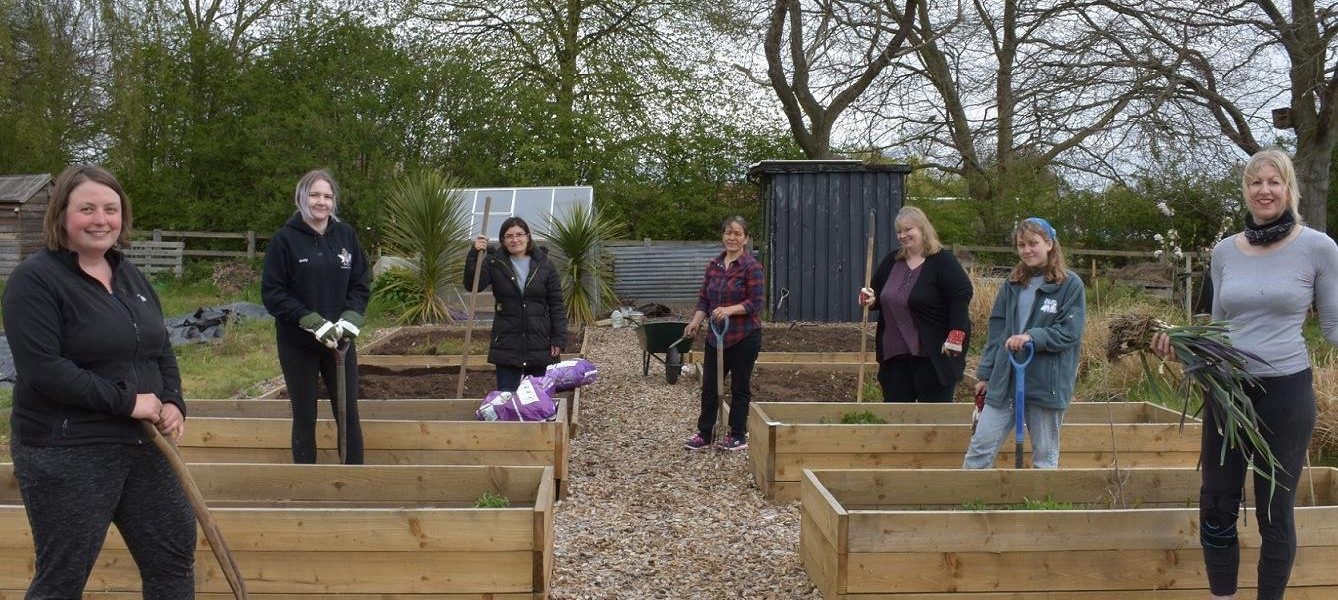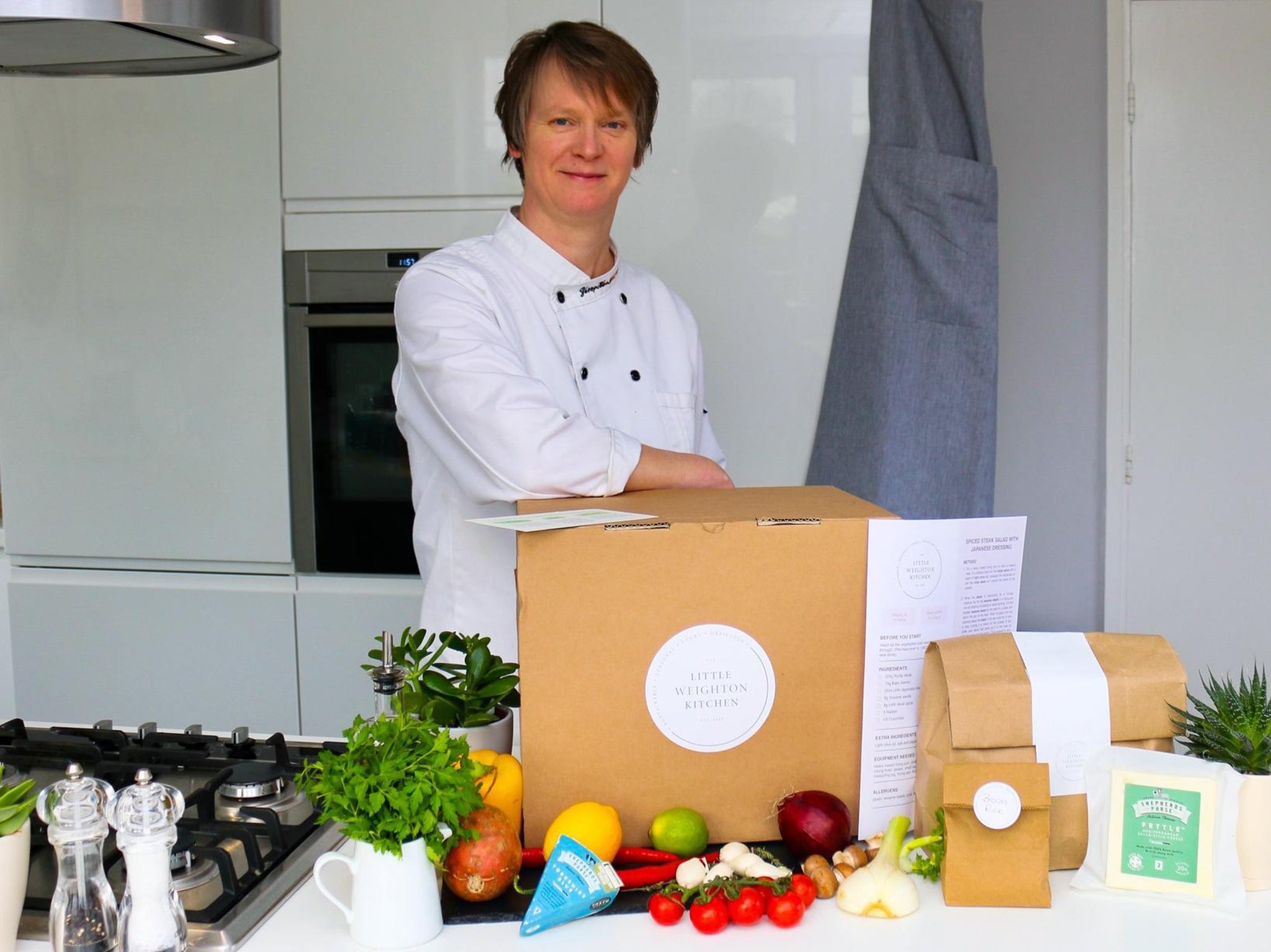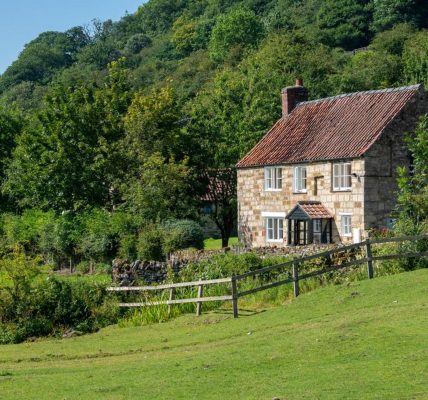How York allotment scheme will help refugees adjust to new life in US
A pioneering gardening project providing refugees with allotment plots in York has won extra funding to help them get transport to the site. Chris Burn reports.
Transforming a disused allotment into a green space is an achievement in itself, but staff and students at York St University have gone the extra mile by doing so to help refugees build friendships and start adjusting to their new lives in the UK.
They have been working with Refugee Action York to provide community allotment spaces for refugees, transforming a disused allotment on Haxby Road in York into a beautiful space ready for planting and growing in the process.
Now the project has just secured an extra £1,200 in support from the Growing Green Spaces Fund. The cash will go towards travel costs to enable refugee allotmenteers to get to and from the site on a regular basis.
Transport was identified as a barrier to participation with the new funding designed to meet this need head on.
Funds will also contribute to garden centre visits and sharing of cooked food grown at the allotment.
The research is a community-based collaboration that is using a newly developed allotment space to support York-based refugees to adjust, integrate and become self-supporting in their new life in the UK.
There is evidence supporting the therapeutic benefits of gardening and horticulture for refugees. It is intended that this project will help the university study these effects further in the context of community integration, health and wellbeing.
Dr Hannah Spring, Senior Lecturer in Research and Evidence-Based Practice and joint leader of the project, says: “We welcome this additional funding and the opportunity to continue this meaningful work. We have already seen relationships building as the allotment community welcomed project users into a WhatsApp group, offering seed exchange, equipment and advice.
“For refugees, growing food and flowers can also help them connect with their own heritage through the growing of culturally relevant foods. It can also help to develop personal independence away from statutory services and begin to sustain relationships within the community.”
Fiona Howlett, Senior Lecturer in Occupational Therapy and the other joint leader of the project, adds: “We hope that the longer-term future of the project will help build sustainability and help to forge relationships between the refugees and the allotment community.”
The scheme is also intended to provide volunteer opportunities for students, particularly Occupational Therapy Society members.
It is part of the university’s wider social inclusion work.
A spokesperson says: “Asylum seekers and refugees are often the most vulnerable within our society, frequently without easy access to support and facing barriers of prejudice, language and bureaucracy.
“Research in this theme seeks to understand asylum seeker experiences and impact on policy and practice in areas such as resettlement and the role of language in shaping perceptions and experience.”
One strand of work is examining the barriers facing LGBT+ people seeking asylum in the UK.
A spokesperson says: “Most LGBT+ asylum seekers are unsuccessful in their efforts to gain asylum in the UK, yet our understanding of why this is the case has been relatively under-researched.
“We know language can be a key barrier, whether that is in the Home Office interviews that asylum seekers must participate in, the paperwork they must complete, or the legal process they enter.”
Another part of their social inclusion research is dedicated to assessing how refugees are integrating in the North of England and whether the support services available to them are working in the right way.










